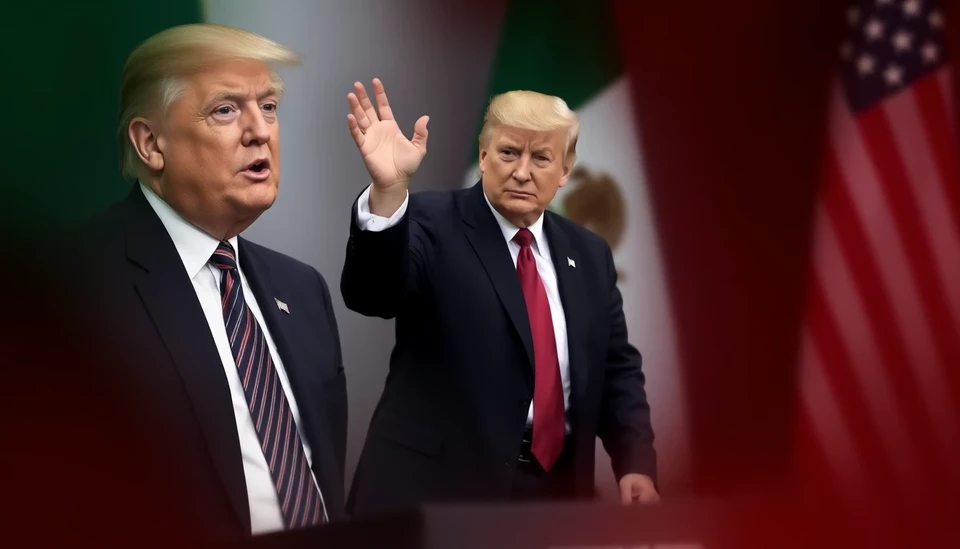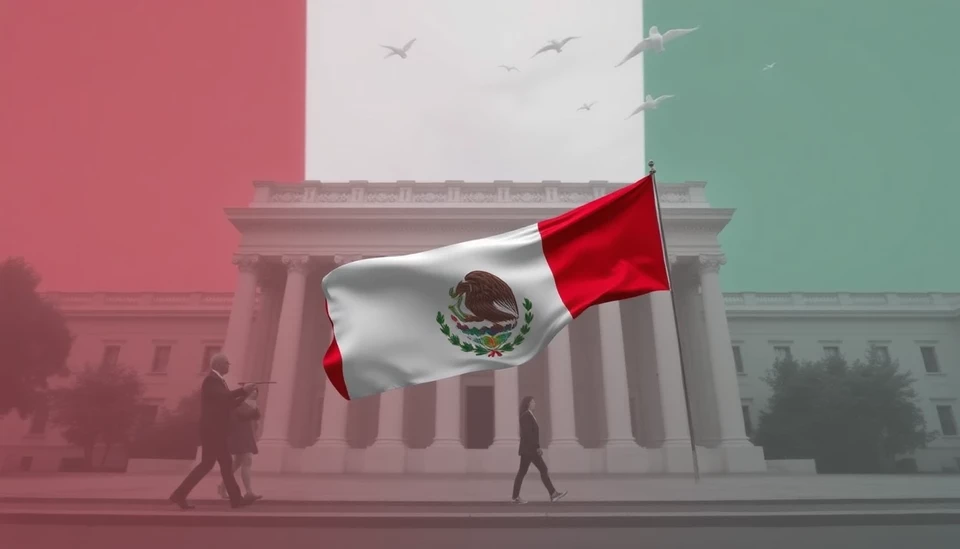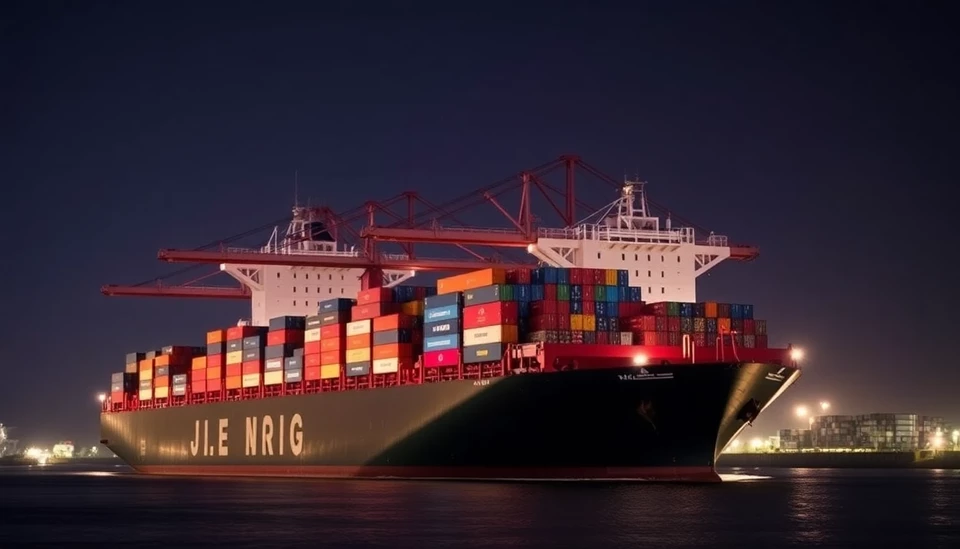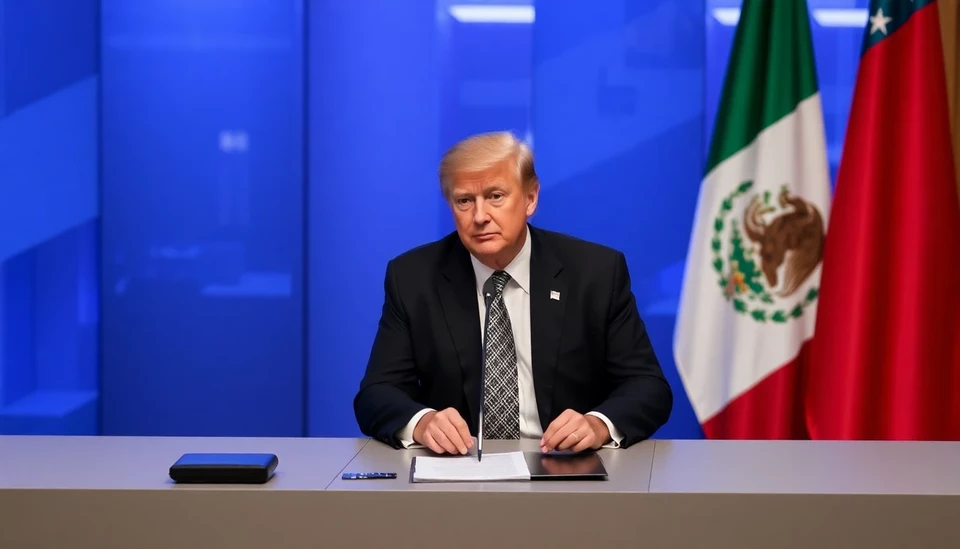
In a bold move, Mexican officials have expressed strong warnings against potential tariffs of 25% proposed by the Trump administration. The repercussions of such tariffs would not only escalate trade tensions between the nations but could also lead to significant economic setbacks for both. Mexico's reaction showcases the gravity of the situation as it anticipates adverse effects on its economy and the intricate web of trade relations.
The U.S. is considering these tariffs in response to a myriad of issues ranging from immigration policies to perceived unfair trading practices. However, Mexican leaders assert that such a strategy would be counterproductive, underlining that a trade war rarely benefits either party. Mexico’s foreign minister has made clear that although they are prepared to retaliate if necessary, they would rather engage in constructive dialogue with the U.S. government to find a resolution.
The potential for such steep tariffs could further strain relations already marked by disputes over trade agreements, border security, and workforce policies. The economic implications are severe; Mexico warns that a 25% tariff would hit the American consumers hard. Goods that Americans procure from Mexico, which ranges from automobiles to agriculture products, would skyrocket in price, ultimately affecting households and businesses across the border.
Additionally, experts point out that the implementation of the tariffs could lead to other nations leveraging the situation for their own advantage, further complicating the bilateral relationship. Mexico's economy is heavily intertwined with that of the U.S., with billions of dollars in goods and services flowing across the border daily. A report indicates that U.S. companies could face losses upwards of $12 billion annually if the tariffs go into effect, adversely affecting American jobs and the overall economy.
In response to these emerging threats, Mexico is actively considering various strategies to mitigate the impact of tariffs while reinforcing economic ties with other trading partners. They are also exploring litigation avenues through international trade organizations to protect against what they view as unilateral trade measures not only unjust but harmful to both nations.
As discussions surrounding U.S. tariffs continue to unfold, the overall sentiment remains clear: both nations must navigate this potential crisis with consideration and careful negotiation. The priority should pivot towards collaboration rather than conflict, promoting mutual trade benefits for a prosperous economic future.
In conclusion, the warnings from Mexican officials serve as a stark reminder of the complicated interplay of international trade, economic stability, and diplomatic relations. It remains to be seen how the Trump administration will respond to these cautions and what steps they will take moving forward in crafting a trade policy that serves the interests of both nations without igniting further tension.
#Mexico #Tariffs #TradeRelations #TrumpAdministration #Diplomacy #Economy #InternationalTrade #BorderSecurity
Author: Daniel Foster




